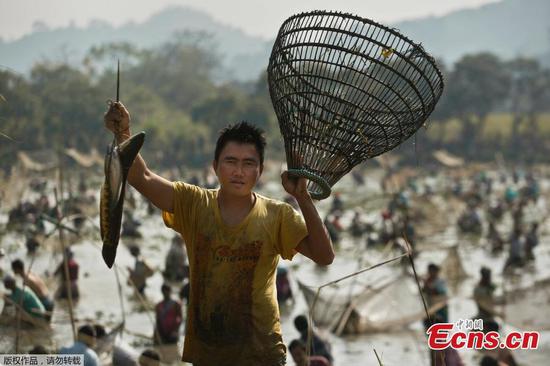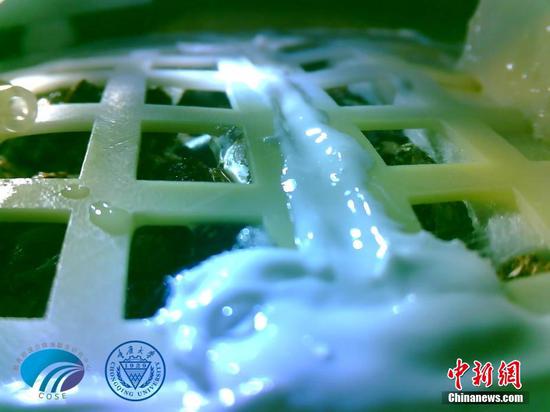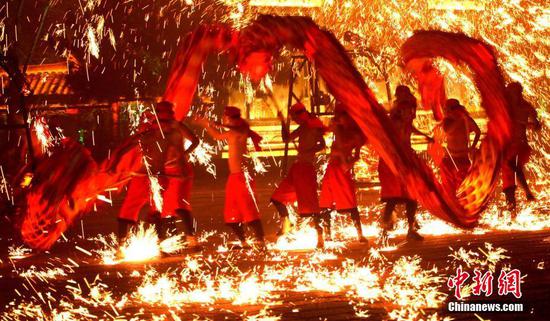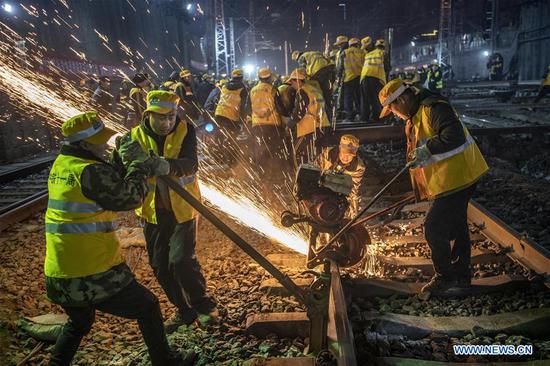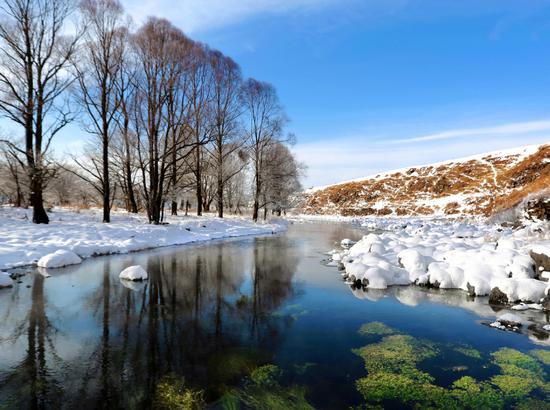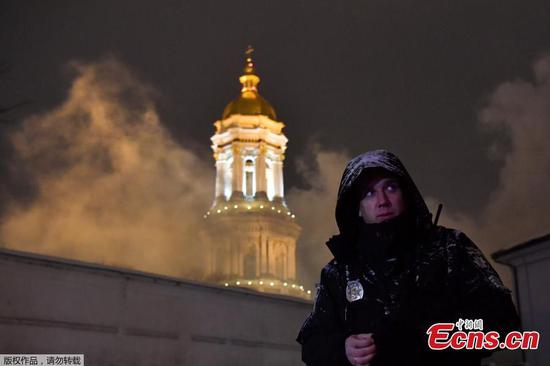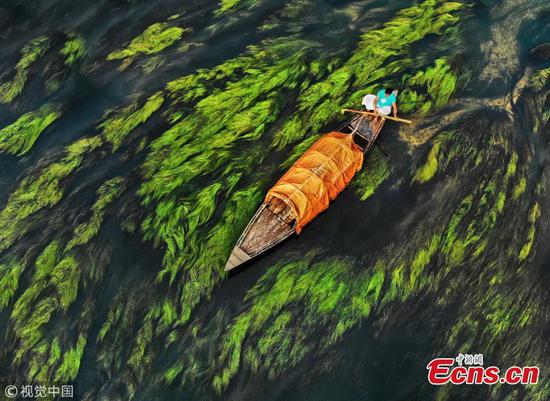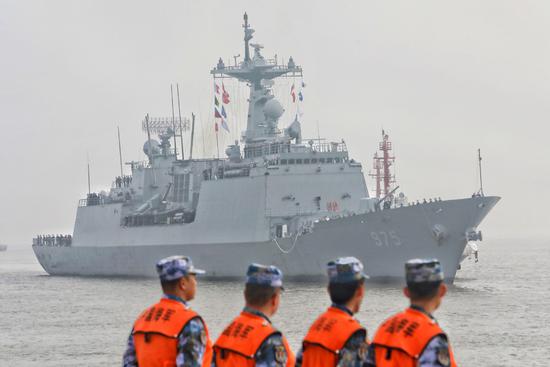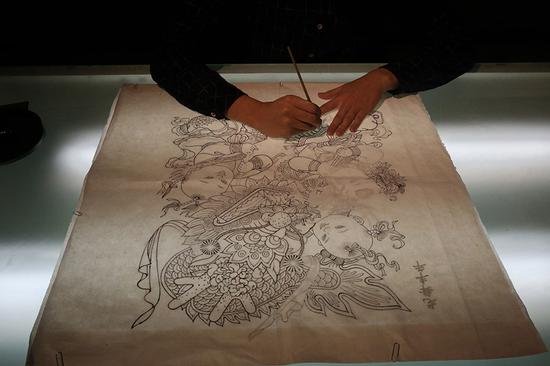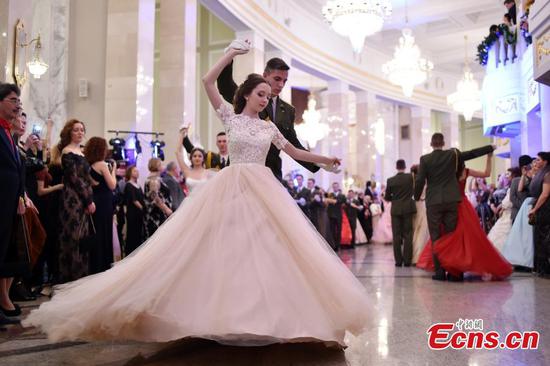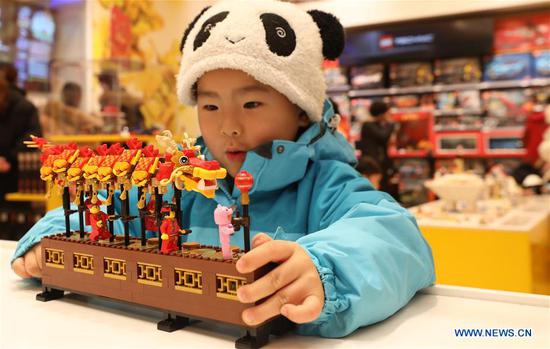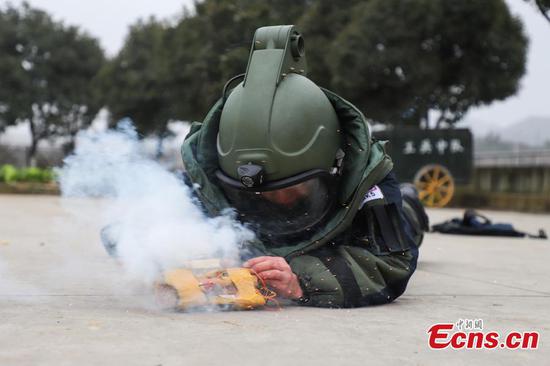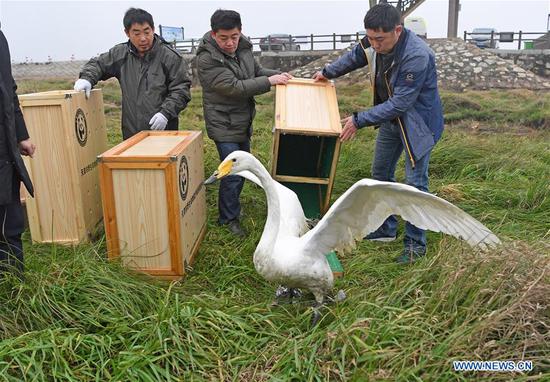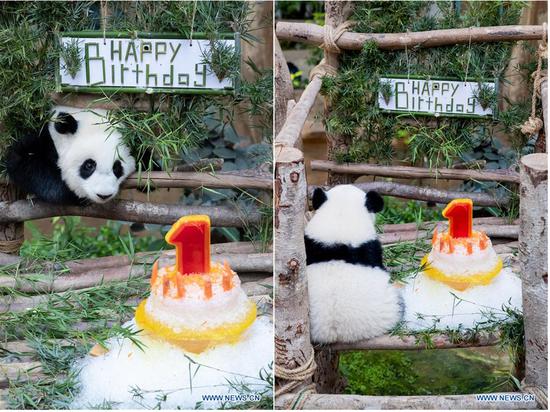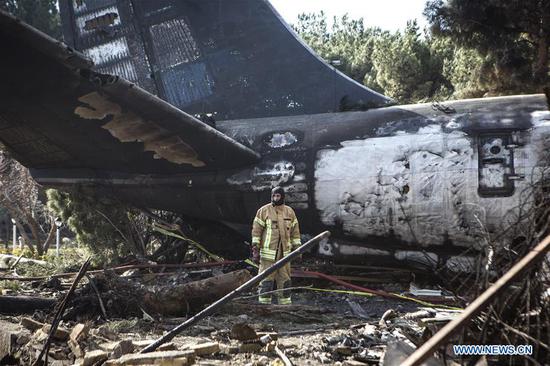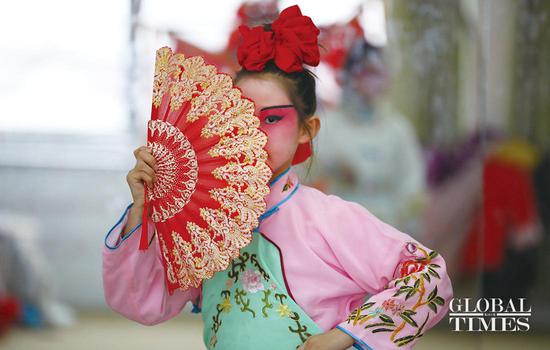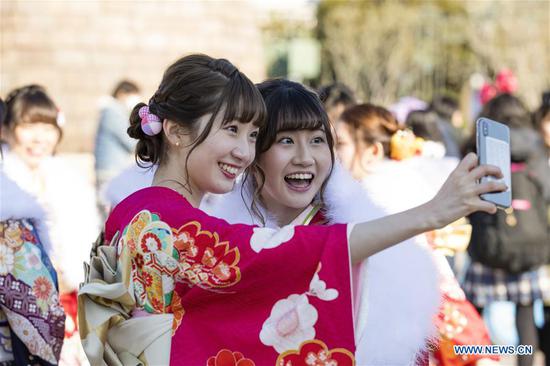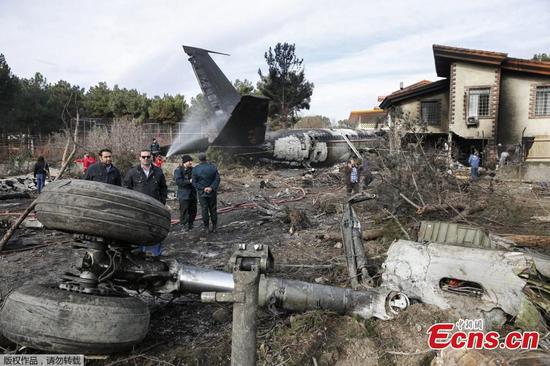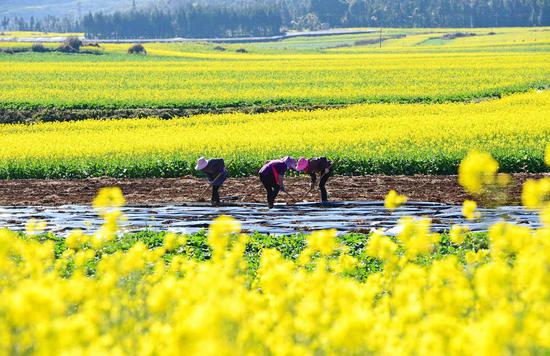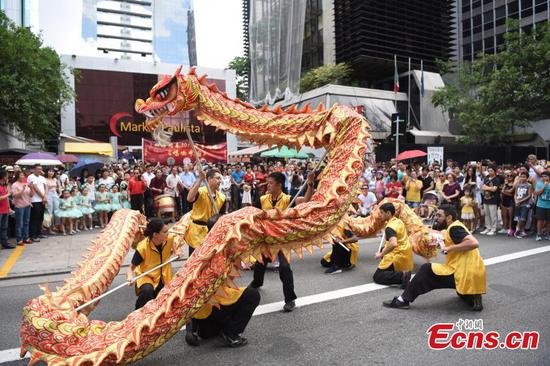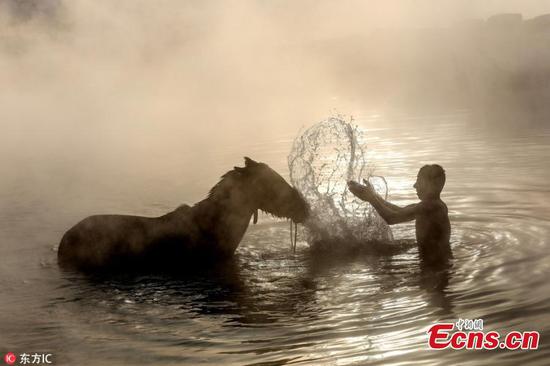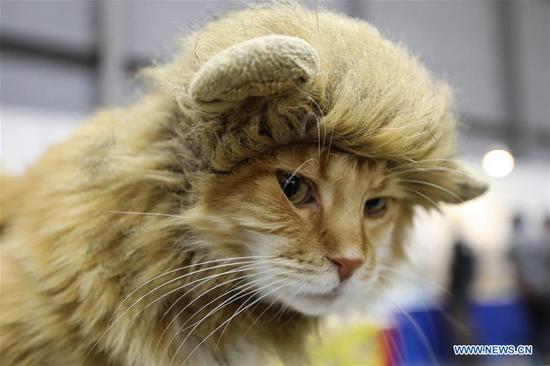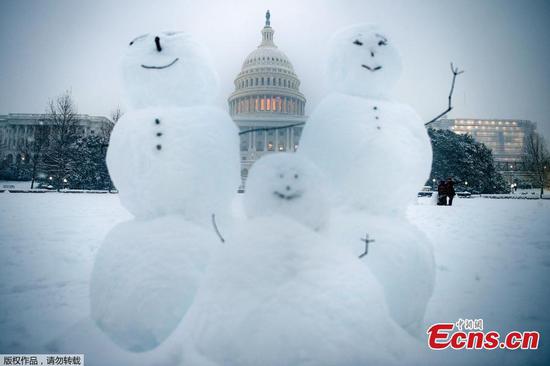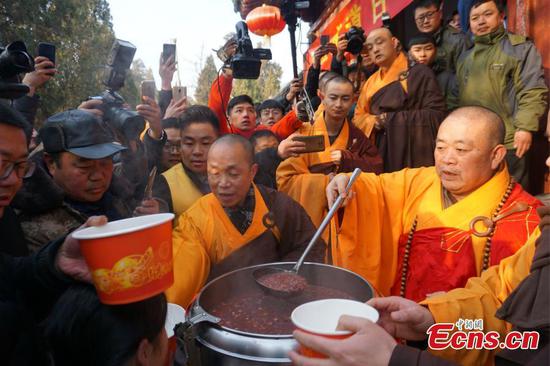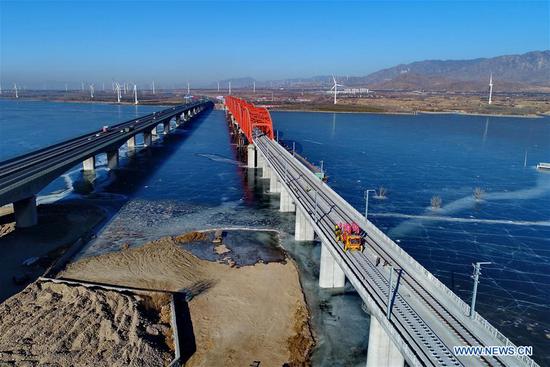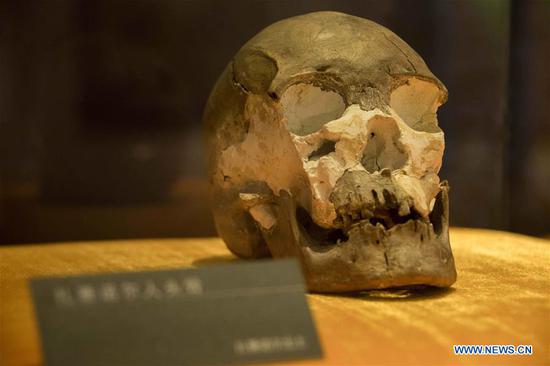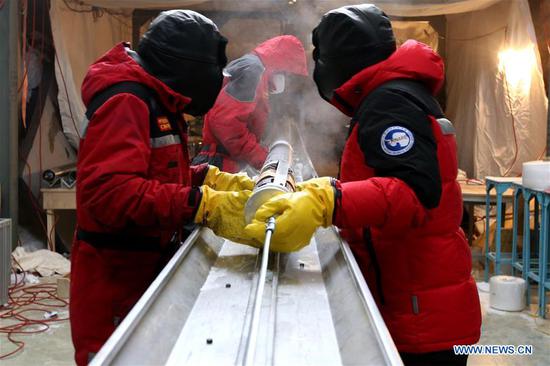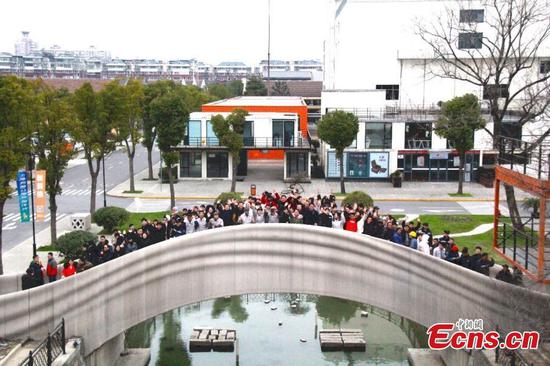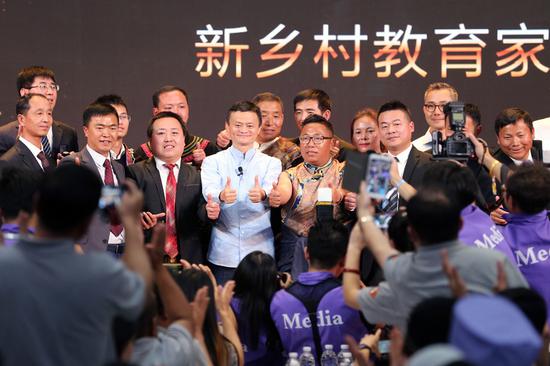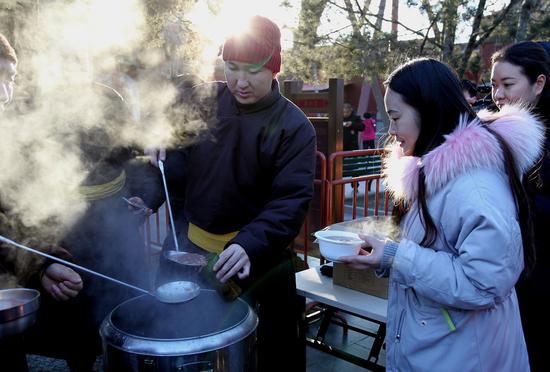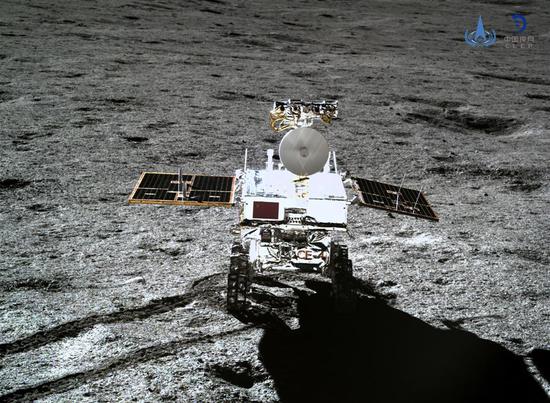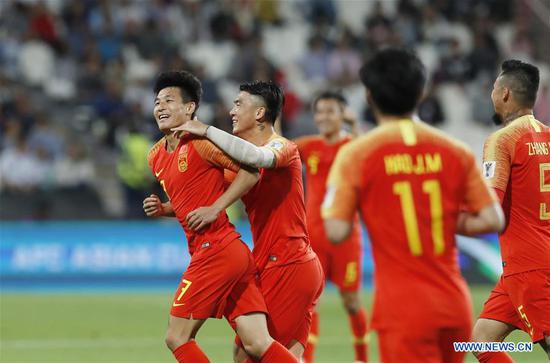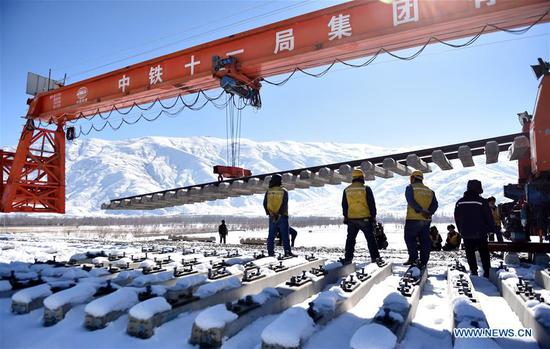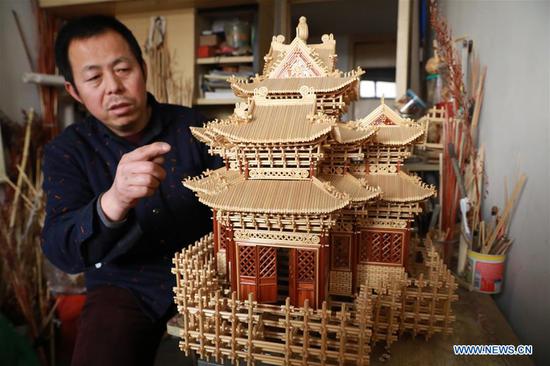With roughly three years to go before the 2022 Olympic Winter Games open in Beijing, China is open to international cooperation to host a "fantastic, extraordinary and excellent" Games.
Finland, a traditional powerhouse of winter sports, becomes the first country to have a Year of Winter Sports partnership with China, as Chinese President Xi Jinping jointly launched the 2019 China-Finland Year of Winter Sports with his visiting Finnish counterpart Sauli Niinisto here on Monday evening.
"In 1952, Finland invited China to participate in the 15th Summer Olympic Games in Helsinki, marking the first time that the national flag of the People's Republic was raised at the Games," President Xi wrote in a signed article in the Finnish newspaper Helsinki Times during his state visit to Finland in 2017, when the two presidents agreed to launch the Year of Winter Sports.
Before the opening ceremony, representatives from the government and Finnish enterprises met with their Chinese counterparts in Beijing on Tuesday morning, sharing their insights on the prospective of bilateral cooperation in winter sports and signing collaboration agreements and contracts.
During the sessions, Jusa Susia, commercial counselor of the Finnish Embassy to China, Petri Tulensalo, director of the Winter Sport Management Center, and Jaani Holma, business development director of Kontiolahti Biathlon Training Center, told Xinhua their suggestions for China to encourage its target of 300 million people to participate in and cultivate a culture of winter sports.
"One is the ease to [go to] where you can do winter sports. If you think of the number - 300 million is so big - you need to go into the cities, you need to go to the people. It's not enough only trying to get people to the ski resorts," Susia said.
Among all the groups of people to reach, children are frequently mentioned in the Finnish experience. As Tulensalo put it, attractive programs should be designed to get children involved in winter sports at a young age, and just for fun at the beginning.
"In Finland, the cities and the schools are cooperating, bringing winter sports to children all the time," Tulensalo said.
"For children in kindergarten, they are very young, so the programs have to be attractive that it's not winter sports, it's winter fun. That's the key. In Finland we say, if you are a child, you don't compete; you just play. After the fun period is ending, it starts to become winter sports," Tulensalo added, emphasizing the importance of developing a proper mindset when promoting winter sports.
As part of the China-Finland cooperation, there are Chinese athletes in cross-country skiing, biathlon and ice hockey training in Finland, and ten Finnish coaches have come to China to share their training methods and philosophy.
After visiting a few cities in China, the Finnish experts were effusive in their praise for the progress China has made so far in preparation for Beijing 2022.
"Very, very nice progress. For example, the fast train [to Chongli] will be ready at end of this year and what a beautiful place that's going to be for the people in Beijing to go skiing. That is a very good example of thinking what to do after the Olympic Games," Tulensalo said.
Susia and Holma also mentioned sports equipment, supporting facilities and technology as important factors for hosting a world-class winter event, and areas in which China and Finland have broad space for cooperation.
Standing in front of the window of the VIP box in Beijing's Bird's Nest stadium, Tulensalo watched dozens of children happily playing in the snow, as the main stadium of the 2008 Summer Olympic Games has been transformed into a winter park.
"I hope one day this can be filled with children," he said.









